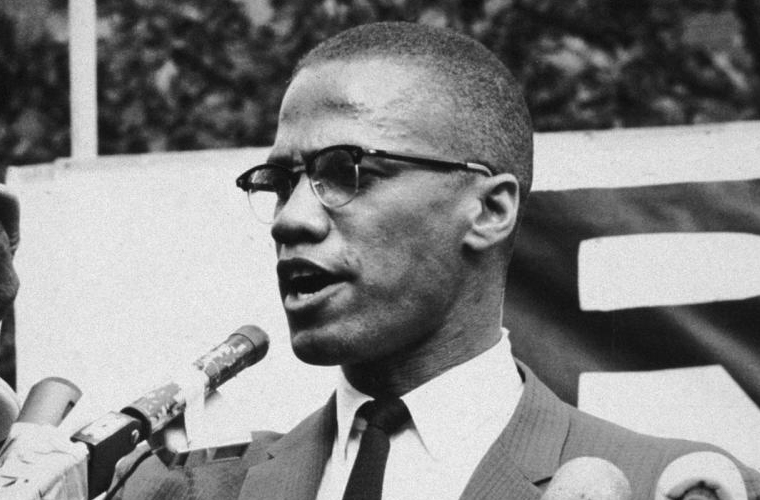Malcolm X, originally known as Malcolm Little, was a Muslim minister and advocate for African American human rights. He held a significant role in the civil rights movement, focusing on championing the rights of black Americans. Throughout his early life, he faced hardship and adversity, experiencing racism and discrimination from a young age, profoundly shaping his beliefs and positioning him as a vocal and influential leader in the fight for equality.
Malcolm X took a challenging path in becoming a leading figure in the civil rights movement, deeply engaging with the Nation of Islam, a religious and political movement that promoted self-reliance and empowerment among black individuals. As a minister in the Nation of Islam, his powerful oratory on black pride and the need for self-defense drew recognition for his speaking abilities and unwavering stance on racial issues.
Apart from his association with the Nation of Islam, Malcolm X was a prominent figure in the broader civil rights movement. He challenged the nonviolent approach advocated by leaders like Martin Luther King Jr., instead advocating for the use of force and self-defense against oppression. This divergence from other civil rights leaders of his time made him a controversial figure. Malcolm X’s influence extended beyond the United States. He openly opposed colonialism and imperialism, aiming to form alliances with other oppressed peoples worldwide. His advocacy for international unity and his critique of global power structures made him internationally significant.
Unfortunately, Malcolm X was assassinated in 1965 at the age of 39. His untimely death dealt a major blow to the civil rights movement, but his legacy persisted. Malcolm X’s ideas and teachings continue to inspire people globally, and his impact on the fight for racial equality endures to this day.
In conclusion, Malcolm X fearlessly and resolutely advocated for the rights of black Americans. His life and work continue to serve as a powerful reminder of the ongoing struggle for equality and justice. His legacy exemplifies resilience, courage, and unwavering commitment to combatting oppression.


